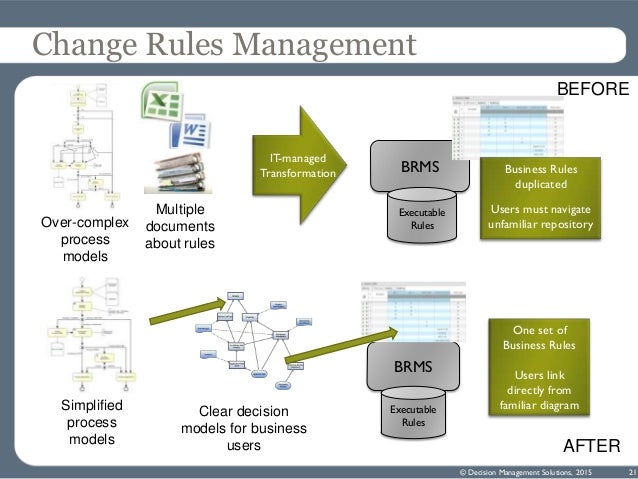Business Judgement Rule In Real Life
Business Judgement Rule In Real Life. The duty of care requires directors and officers to act in as competent a manner as would reasonably prudent people in their positions.[1] officers and directors must make decisions that they believe, in good faith, to be in the best interests of. (1994) 22 cal.app.4th 1352). the business judgment rule has been justified primarily on two grounds.

The business judgment rule is an important caveat to the corporate duty of care owed by officers and directors to their companies. The director must have exercised reasonable care, as judged by what an ordinary. The duty of care requires directors and officers to act in as competent a manner as would reasonably prudent people in their positions.[1] officers and directors must make decisions that they believe, in good faith, to be in the best interests of.
As You May Know, In The Us And Other Common Law Jurisdictions, There Is An Express Business Judgement Rule.
The main reason for this is that the business judgement rule includes a provision that indemnifies the board from liability if they make decisions based on the advice of their advisors. §607.0831 the business judgment rule still protects a director from personal liability, in the real litigation world that protection usually costs a lot in attorneys’ fees, related expenses, time, effort, and hassle. In in re lemington home for aged, 659 f.3d 282 (3rd cir.2011), the court noted that the business judgment rule is based on the assumption that reasonable diligence has been used in reaching the challenged decision.
However, The Business Judgment Rule Can Only Be Used If All The Requirements As Set Out In The Act Are Complied With.
The business judgment rule in the trenches while under disney ii and f.s. A legal principle that makes officers, directors, managers, and other agents of a corporation immune from liability to the corporation for loss incurred in corporate transactions that are within their authority and power to make when sufficient evidence demonstrates that the transactions were made ingood faith. For example, in order for the business judgment rule to protect a director’s decisions or actions, the director must have acted in “good faith” and must have acted in a manner the director believes was in both the company’s best interests and the shareholder’s best interests.
Are Clothed With Presumption, Which The Law Accords To Them, Of Being In Their Conduct By A Bona Fide Regard For The Interests Of The Corporation Whose Affairs The.
Lewis, 473 a.2d 805, 812 (del. The business judgment rule is an important caveat to the corporate duty of care owed by officers and directors to their companies. Commercial reality of running a business (not every decision is going to be a good one);
Directors Of A Company Are Said To Be The Fiduceres Or Trustees, They Are Entrusted With The Corporation As Someone Else’s Property.
The business judgment rule (rule), the most prominent and important standard of judicial review under corporate law, protects a decision of a corporate board of directors (board) from a fairness review (“entire fairness” under delaware law) unless a well pleaded complaint provides sufficient evidence that the board has breached its fiduciary duties or that the. 40 it insulates directors from liability for negligence and creates a presumption against judicial review of duty of care claims and substantive merits of the. The business judgment rule has been interpreted by california courts as setting “up a presumption that directors’ decisions are based on sound business judgment.
The Business Judgement Rule Acknowledges That No Commercial Decision Or.
The duty of care requires directors and officers to act in as competent a manner as would reasonably prudent people in their positions.[1] officers and directors must make decisions that they believe, in good faith, to be in the best interests of. It is rooted in the principle that the directors of a corporation. Under the business judgement rule, a court will not prosecute a director for his or her decisions if it can be shown that they were made:
Post a Comment for "Business Judgement Rule In Real Life"